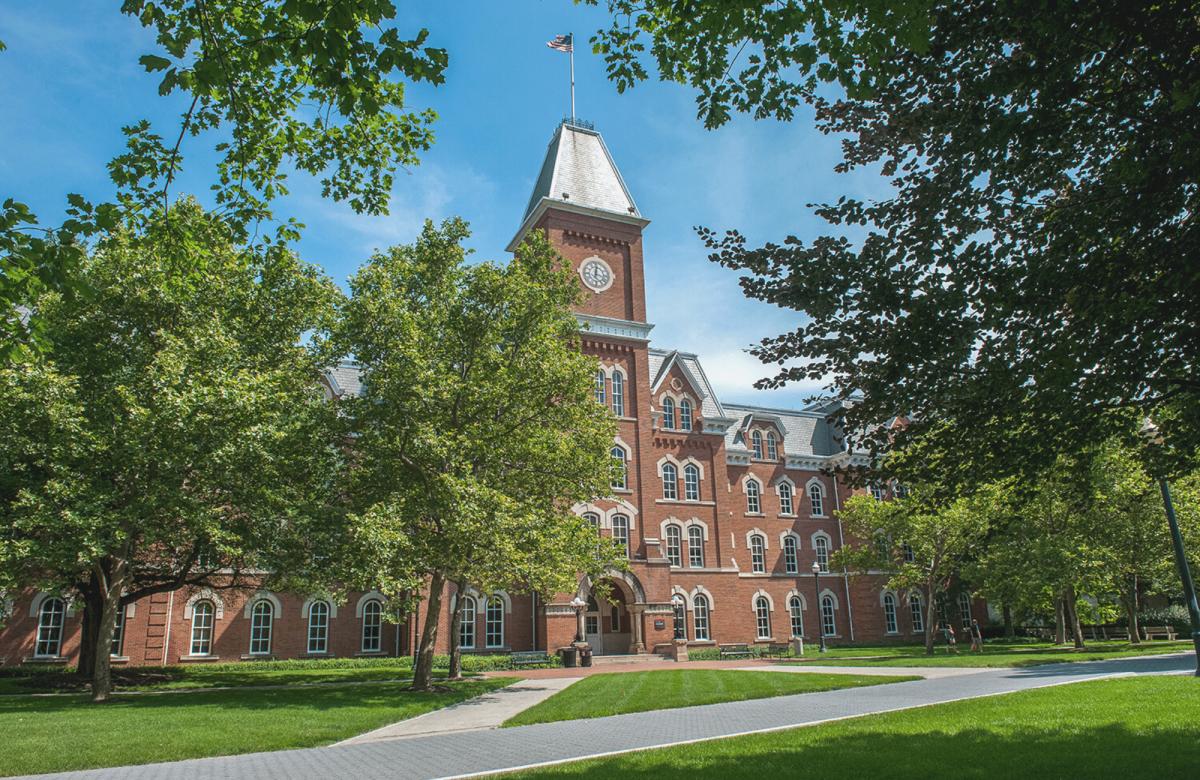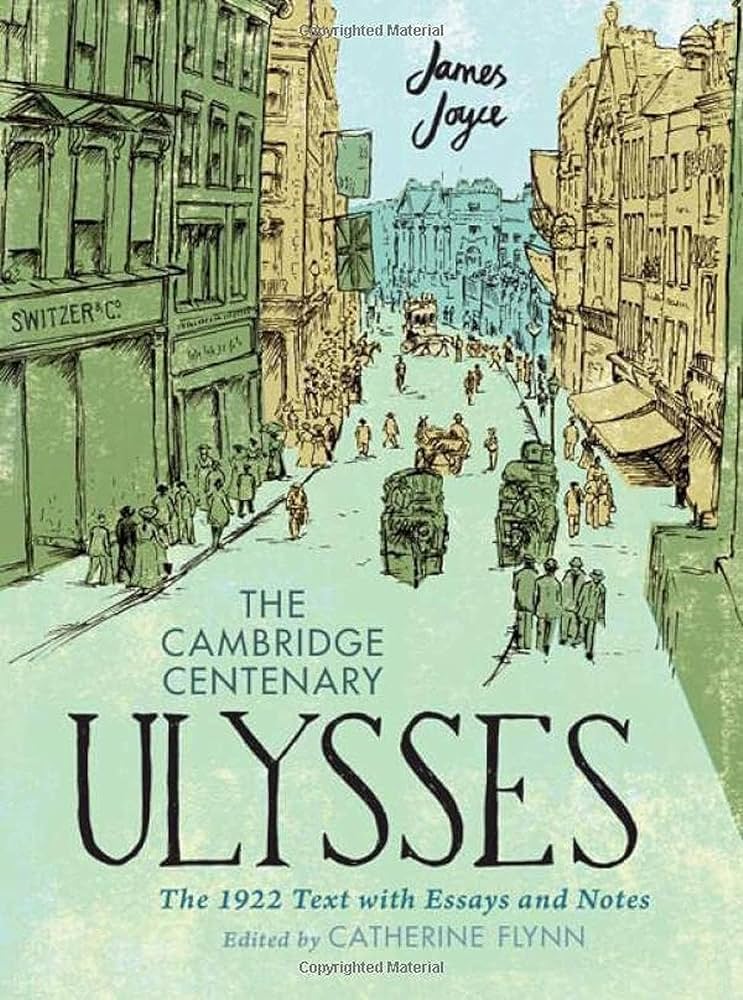 Søren Gran ’16
Søren Gran ’16
Though his leadership inspired the world, and his forgiveness of apartheid rulers was exemplary, Nelson Mandela was more than just the President of South Africa from 1994-1999. In fact, he was a member of several communist organizations throughout his life.
Nelson Mandela, joined the African National Congress in 1942, a somewhat violent national liberation movement formed in 1912 that fought against racism and oppression in Africa; the ANC and Mandela were on the United States’s terror watch list until 2008.
Was Mandela a communist? British historian Stephen Ellis says that the South African Communist Party confirmed Mandela was a party member, although there is ambiguity surrounding whether he was a member of the Party’s central governing committee. In his article for the New York Times, “Nelson Mandela, Communist,” Bill Keller defends Mandela, saying that the Communist party may have appealed to Mandela because of its lack of racial discrimination, corresponding with Mandela’s vision of a multiracial South Africa. He further adds that the “early collaboration of the ANC with the Communists was a marriage of convenience for a movement that had few friends.” Keller highlights the strategic value of a relationship with communists for the African National Congress. Russia and China were allies with resources, and were able to provide money and weapons to the ANC. Due to the African National Congress’s association with communists, however, the US dropped its support of the ANC despite their fight against apartheid.
Nelson Mandela was free of his past when he became president. Mandela’s key strategy to lead South Africa to a bold beginning away from its history of apartheid and division and inequality was forgiveness; subsequently, he received a Nobel Peace Prize for his vision and leadership. As a result of his Christ-like leadership, South Africa’s future as a nation stood securely on Mandela’s shoulders.











